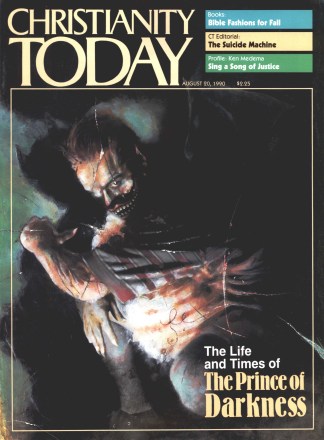The Federal Communications Commission (FCC) has established rules for a 24-hour ban on “indecent broadcasting” by the nation’s radio and television stations, unless the broadcasters can prove an absence of children in the audience. The rules, released last month, forbid material that describes sexual or excretory activities or organs “in terms patently offensive as measured by contemporary community standards.” The ban would affect all local radio and television stations and the national networks, but not cable television. Violators would be subject to fines and a possible loss of license.
“The FCC is acting to protect children, plain and simple,” FCC chairman Alfred Sikes said in a press conference.
Prior to the new rules, indecent material was allowed between 8 P.M. and 6 A.M., hours believed to have fewer young listeners. However, according to Robert Showers, a partner in the Washington law firm Gammon and Grange, which submitted a legal brief to the FCC, a significant number of children are in the audience during that time. The brief cited Arbitron and Nielsen figures that show more than three million children watch television between 11:30 P.M. and 1 A.M.—more than the number of adults—and 5.4 million children listen to the radio sometime between midnight and 1 A.M.
Most broadcasting groups strongly oppose the ban, calling it censorship. They also charge that the FCC’s definition of indecency is impractically vague. FCC general counsel Robert Pettit refused to cite examples of indecency, saying rather that the commission will “have to see it first and judge it on a case-by-case basis.” How the FCC will enforce such a ban is also an unanswered question. In the past, the agency has come under fire from conservatives for failing to put teeth in its rules.
Congress called for the 24-hour ban in 1988, but a federal court barred enforcement while the FCC collected comments. The congressional measure will now be evaluated in light of the FCC rules. A judicial battle reaching up to the Supreme Court is expected.










